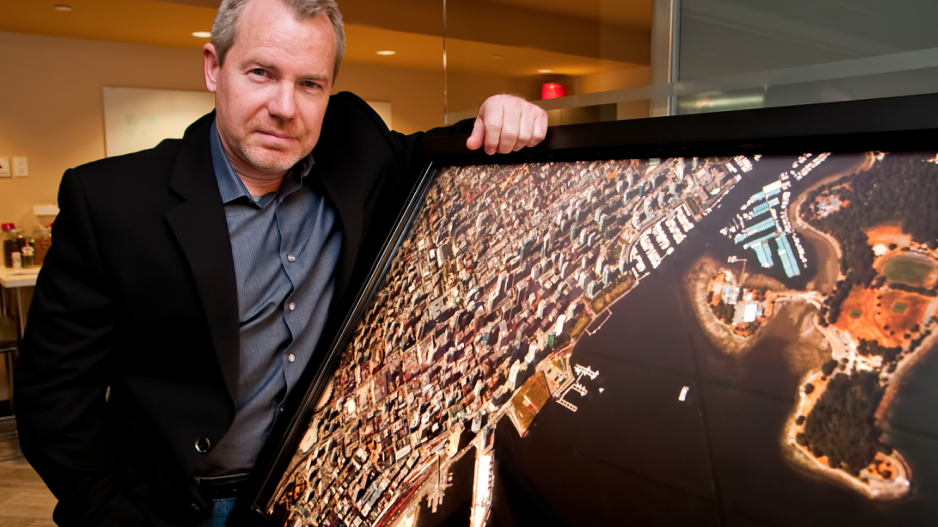A government contract awarded to Ottawa tech firm Neptec Design in January was relatively small, just $1.7 million.
But Wade Larson hopes money earmarked by the Canadian Space Agency (CSA) for a new camera aboard the International Space Station (ISS) is just the start of better times to come in 2016.
Larson, who was promoted to CEO last month at Vancouver-based UrtheCast (TSX:UR), said 2015 was the biggest year yet for his company, which specializes in ultra-high-definition cameras in space.
UrtheCast signed a brand partnership deal with Pepsi (NYSE:PEP) last year and later acquired Spain’s Deimos Imaging, along with its two satellites, for $102 million. But activity in the private sector came at a time when budget cuts remained ingrained in the culture at the CSA.
“We’re witnessing now a bit of a revival in Canada of the government’s interest in and focus on space, and I think that’s a very good thing,” said Larson, who worked at the CSA for seven years before moving into business development at Canadarm-maker MacDonald, Dettwiler and Associates (MDA).
The space agency’s annual budget has remained static at roughly $300 million for more than a decade.
Richmond-based MDA – B.C.’s largest space-tech firm – laid off workers in 2012 following CSA budget cuts.
But even while government spending languished, the private sector has grown. A 2013 report from the CSA determined total revenue generated by the domestic space sector rose 5% to $3.5 billion, and over the preceding five years, revenue was up 15% or $462 million. The sub-sector experiencing the biggest growth was Earth observation – UrtheCast’s specialty – as revenue increased 44% to $371 million over five years.
MDA, which declined interview requests from Business In Vancouver, has its own geospatial services division devoted to this field; other local companies focused on Earth observation include 3vGeomatics, Offsetters and ASL Environmental Sciences.
The University of British Columbia established its own Centre for Applied Earth Observation in 2014 to help academics collaborate with industry leaders when using images from satellites, aircraft and the ISS to monitor climate change.
The centre frequently works with experts from MDA and UrtheCast to support research dependent on Earth observation.
“There’s a much bigger role for satellites to play for managing the Earth’s resources,” said Robert Falls, the centre’s executive director. “The data that these satellites is gathering is stupendous.”
He said it could be used in the private sector when monitoring leakages in pipelines as well as the varying impact carbon sinks have in different locations throughout the globe.
UrtheCast’s goal, said Larson, is to make that endeavour even easier when its first web platform hits the market later this year.
Larson said the goal is to “democratize” Earth observation data, not only for the general public but other space-related businesses as well. “What it’s really about is breaking down the tyranny of expertise and specialization that exists in this industry where you really need to be an expert … to interact with Earth observation. There seems to be signs of an accelerating trend here, [which] is that entrepreneurialism in space is starting to take off. No pun intended.”




